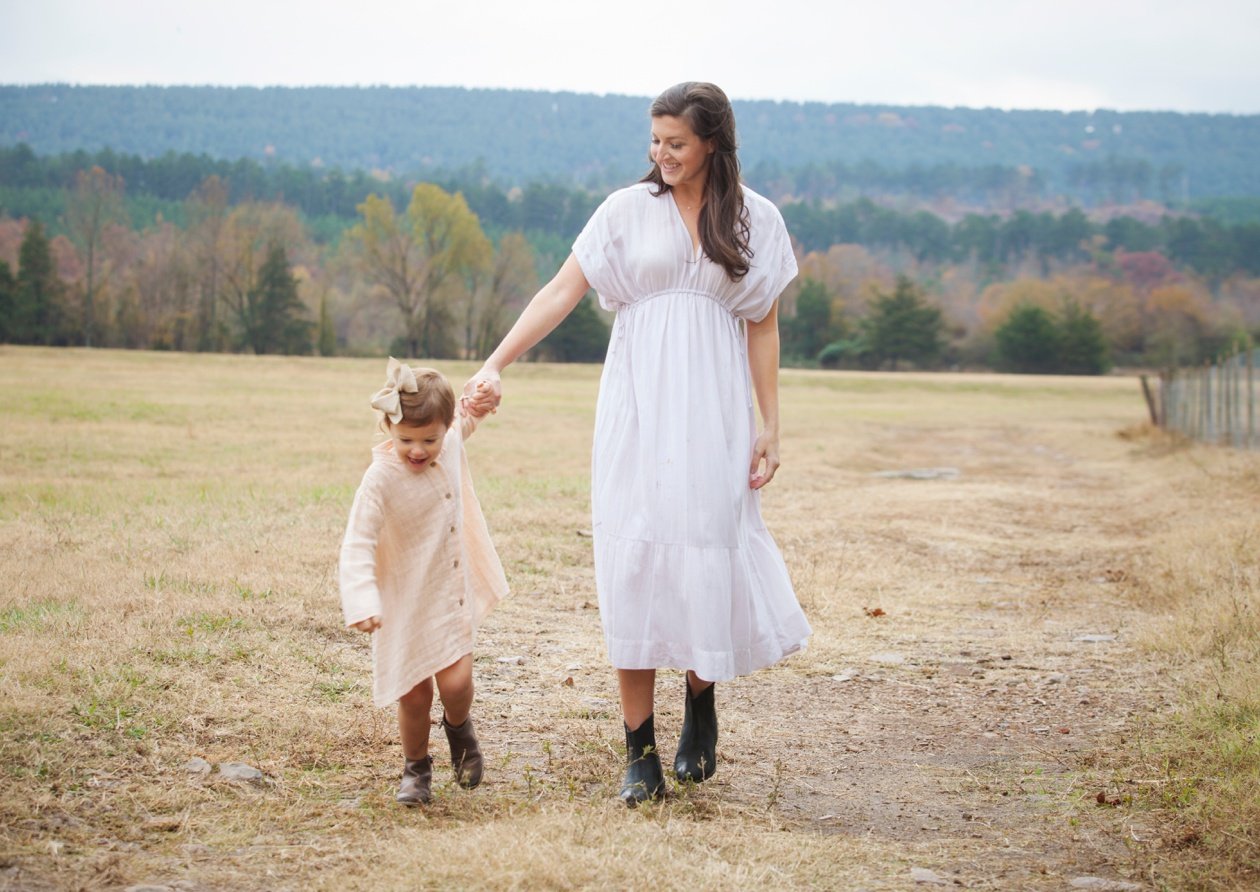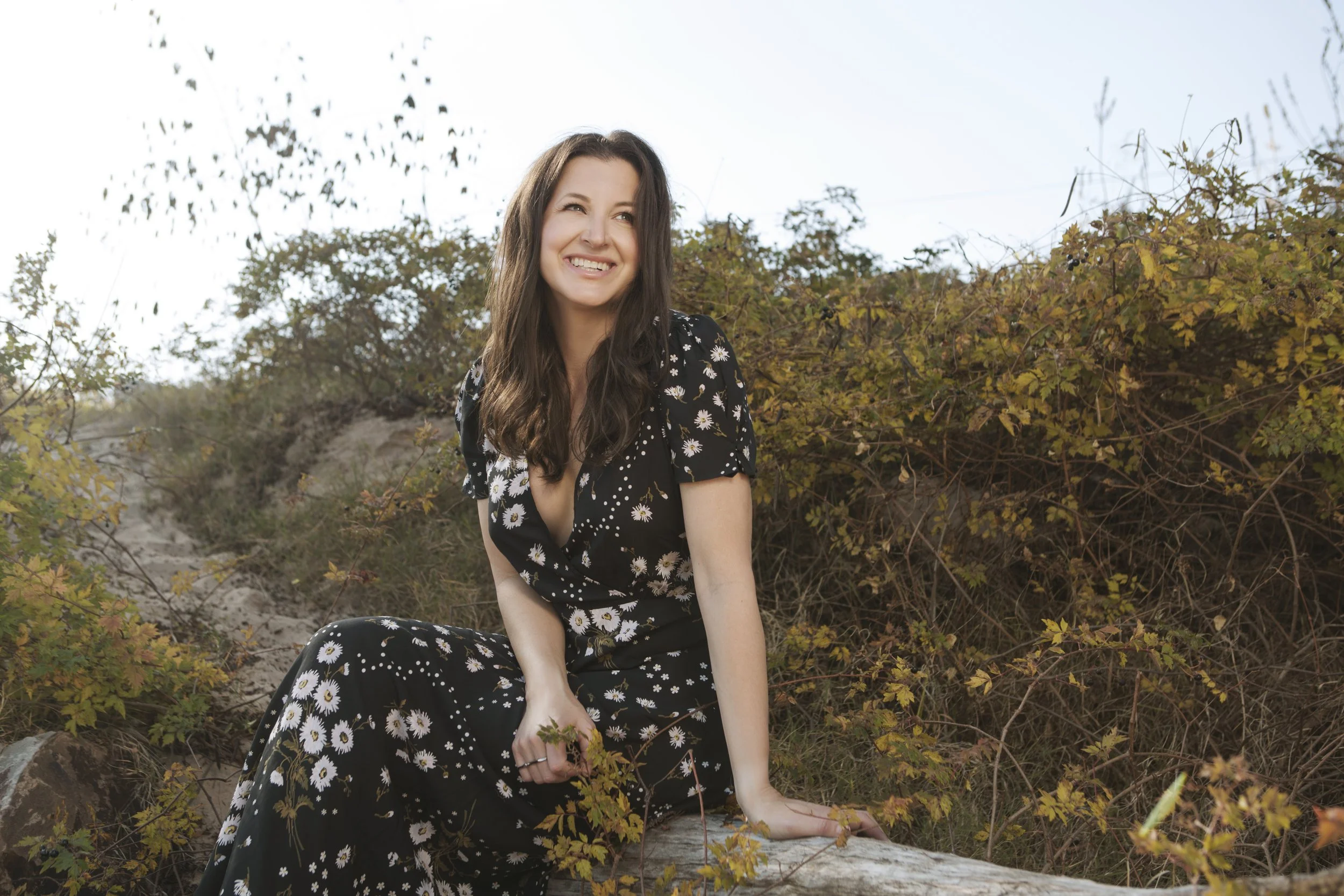How to Raise Humans, Not Just Parent Children 009
How do you foster creativity in kids? How can you avoid being a helicopter parent? How do you help nurture kids’ dreams and help grow their confidence and social connections? How can you treat your children like the complex human beings they are from the beginning?
We’re covering all of that in this week’s episode of the Zimmerman Podcast.
Now, because I’m sharing parenting advice, it’s going to sound like I think I’m this great parent who can tell you what to do. These are just the parenting principles I value and that work for us. Some days, it goes pretty well. Other days, I fail at pretty much every one of my idealized principles.
So know that I’m just sharing how I try to foster independence and confidence in my children and what that looks like. If you want to learn more about that, then keep reading or head over to listen to the podcast!
Independence and confidence
As a mom of three kids, one six year old girl, Stella, and twin four year old boys, Perry and Zeke, it’s important to me that I raise kids who have independent interests, who are confident and kind.
Independence is a big one for me. In fact, I freaked out when I found out I was having twins. Like laid on the bathroom floor for hours sobbing. Part of that was that I had a daughter who was just over a year old, but the real reason was that twins… kind of freaked me out.
I was so afraid that they’d be identical and would each struggle to find separate and unique identities. Having twins allowed me to become even more passionate about raising children who are independent from each other and curious about individual interests.
I’ve always had the mindset that raising confident and independent adults starts early, in the baby and toddler stages. My parenting approach centers around treating my children like whole people, not second-class citizens.
So today I’m sharing my top ten tips to fostering confidence and independence in my toddlers that will have-- hopefully-- lifelong, life-giving effects.
my daily fuel
Beekeeper’s honey keeps me fueled and fog-free.
Principle One –
Avoid comparison
I look at each child as though they are the only one when it comes to what is best for them.
Making comments or encouraging in ways that are separate from their context within their larger group of siblings. You can build one up without contextualizing it with how another sibling is doing. For us with twin boys, we don’t refer to them as “the twins”, but as “the brothers,” and we don’t compare them to one another. It's my job at home to help teach them they are two individual human beings.
I study each of them individually-- I observe what each of them is interested in and what grabs their attention. By paying close attention, I become aware of each of their natural strengths. I read an article once that said we are born with natural, God-given strengths and talents. In our toddler years, we really show and express these talents… at that age we haven’t begun yet to care what others think.
I want my kids to know what they love and what they’re passionate about when they become adults.
Principle Two –
I don’t speak about their future in a way that traps them in a corner - I don’t let my words have more power than they should.
Let me explain, if each of my kids has an affinity for something, that doesn’t mean anything for their future life plans. For example… I don’t say to Perry, “you’re so good at building, you’d be a great architect one day.”
I don’t want to put that pressure on him.
Instead, I try to give commentary that is neutral and rooted in the present, not backing them into a corner for the future, such as “how did you think to build the roof like that? How creative.”
By the language I use, I’m helping them to decide what they do and who they are. I don’t want to imply what their future should be because I’m living my own life and I want them to live theirs.
Principle Three –
We make our expectations for them clear: we expect them to be kind.
We want our kids to love and respect each other and we are helping them now to frame what their vision of a successful and joyful life looks like. We will root for each other, and when one of us achieves something we’re passionate about, no matter how the world values those things, we will celebrate it equally.
They don’t have to follow my definition of success or their siblings’ road to success. My only expectation of them is to be kind and we practice acceptance for those around us and for ourselves.
Principle Four –
Money is a means to time and freedom, and we can have power over money if we know how to use it well.
We use a “three jar system” to help my kids understand hard work and how to earn money. In our house, we don’t have chores our kids are required to do – they have a choice to work (loading the washing machine) in order to earn money to pay for the things they want (we cover the needs – home, clothes, activities).
Each of the three jars has a function “give”, “save”, “spend”. We teach them that when they earn a $1 it really means $.70 – we put 10% into their “giving jar”, 20% into their “savings jar” and the rest gets to go into their “spend jar”. I also teach them if they want to add more than 20% into their savings jar – we’ll match it.
We’re trying to teach them the value of a dollar and give them a “what am I willing to do now to get what I want later” mentality.
Principle Five –
We are lucky to live the lives we live, so we will cherish and live them well.
We practice winning the morning, winning the day. We all wake up before the sunrise, and as a family we take a moment to stop and appreciate the day, the beautiful sky, and to be grateful for today. We teach them that all we have is today, and we are fortunate.
On our way to school, we’ll set our intention for the day: “today my intention is to have a good day,” while knowing that things will never go perfectly.
In the evenings, we review the best thing about our day and our biggest failure. We talk about failure so we can reframe it. So many people don’t try things be they’re afraid of failure, and I don’t want my children to look at it that way. I want them to see that failure is good and if they’ve failed, it means they tried, learned, and have clarity on how they want to move forward.
We also practice choosing to give rather than receive by teaching them about gratitude and compassion and giving. As a family we support a little girl and her family in Rwanda and we talk about her every day and celebrate one another’s differences and teach them to through a tangible example that we help when we can.
Finally, we value our time by getting the hard stuff for the day done in the morning, so we can relax in the afternoon. We work hard and play hard.
Principle Six –
We are lucky to have the body we have, and we are going to take good care of it.
We teach them the importance of eating five colors a day. The more colors they eat, the better more nutrients we give our bodies, and the better our bodies will feel.
We also teach and show them how important it is to be active. Brian and I make it a point to exercise every day, and we encourage them to be active too. Even on the weekend, we try to be active as a family, whether it’s hiking or bowling, we try to do something. This summer, the kids and I got up early to work out, and then went on with our day. It’s a small thing, and it has everything to do with taking care of our health and feeling our best and teaching them that it’s ultimately their responsibility to take care of the body they’ve been given.
free download
Learn the first step on how you can grow your personal financial worth.
Principle seven –
Lead by example at work and at home
If my children see a mom who is constantly working – on the computer or phone all day, they’re going to think that’s what is normal and what they should do when they get older.
I don’t want to set that example, so I make a conscious effort to stop working and be present with them when they’re home from school. I don’t want them to think they have to work all the time or always be on a screen.
I want them to see parents who are active, who go outside, who appreciate the sunlight and nature, who take care of themselves, who are grateful for each day, who work hard, who think about other people… and the only way to really teach this is to lead by example and do those things.
Principle eight –
We teach them to respect authority
This is hard and usually not fun at all. The biggest component to this practice is no empty threats. If I say to them… “if you do that again, you can’t go to Sally’s party”, and they do what I’ve asked them to stop, then I have to be prepared to follow through and not let them go to the party. T
hey have to know mom and dad are the authority in the household, they can give their thoughts and opinions, but at the end of the day, what we say goes. We have to teach this inside the home so they learn there is authority and laws outside the home.
Principle nine –
We don’t live vicariously through our children
Brian and I have our own lives. Our children are allowed to live their own lives, just like we do. They’re allowed to be interested in what they’re interested in and when they grow up, they’re allowed to live their life the way they choose. My only expectation is that they’re kind.
Principle ten –
No shaming
I realized recently that Stella cares a lot about her clothes and for me, clothes are not important. After trying to tell her how I saw it – I realized, for her, this may be a way for her to express her creativity.
I realized we aren’t always going to see things the same way. What I’m trying to say isn’t always going to be received the way I want it to be received, and even when I don’t think something is important, I need to recognize it might be important to my children. Just because I don’t think something is important for my life, doesn’t mean it’s worthless. And if it’s important to them, then I’m going to care about it too because I care about them.
Trying to live out our principles
As parents we’re all trying our best, and I hope this episode helps gives you confidence and perspective from another working mom who is trying to live out the principles our family values. Tune into the podcast to hear more details and examples of how we (try) to live this out!
Show notes & links
Beekeeper’s Naturals
In October 2019, I decided to write the entire first draft of my book in six days. It was intense. I knew I needed to be laser focused for those days, so you better believe I loaded up on my Beekeeper’s Naturals goodies every day that week.
Truthfully, six months ago I don’t think I could have written this book in six days. I didn’t have the mental clarity or the energy to do it. But my Beekeeper’s honey keeps me fueled and fog-free. If you want to try out some of my favorite Beekeeper’s Naturals products, and get 15% off, go to zimmermanpodcast.com/bee
Free Download
I want my kids to know that their value is totally independent from their achievements. I want them to have the freedom to follow their dreams, whatever they are. Which means that we start talking about money from a young age. Money doesn’t define our worth, but having it and being wise with it sure makes life easier.
If your confusing or painful relationship with money is keeping you from knowing your personal worth, let us help! To learn the first step on how you can grow your personal financial worth so you can be confident and independent, go to zimmermanpodcast.com/knowyourworth
Grab the freebie
To learn the first step on how you can grow your personal financial worth so you can be confident and independent, click the button below.














